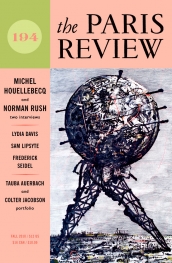On the anniversary of Belletrista, I looked back over the eight books that I wrote reviews on . . . Brixton Beach (Roma Tearne), Family Album (Claribel Alegria), Ines of My Soul (Isabel Allende), Horse, Flower, Bird (Kate Bernheimer), Song Over Quiet Lake (Sarah Felix Burns), The Disappeared (Kim Echlin), Salvation City (Sigrid Nunez), and For Grace Received (Valeria Parrella).
All such very different books–how do I pick a favourite? Horse, Flower, Bird stands out as the one that wowed me the most. I had so much fun reading it, and even more fun writing about it. But it’s an odd little book, and not really one that you can get lost in on a rainy autumn evening when you’re cuddled up on your sofa, or when you need entertainment during a long flight. For that reading need, my favourite would be Brixton Beach. Roma Tearne’s writing is so beautiful, and she completely sweeps me away to the beaches of Sri Lanka (my favourite literary destination). I also loved Valeria Parrella’s gritty, real Italy in For Grace Received. But really, each of these books was great in its own way and I enjoyed something about each one.
Interestingly, three of the books were short story collections–Family Album; Horse, Flower, Bird; and For Grace Received. I also just finished a fourth short story collection for a future issue of Belletrista–Garden in the Wind, by Gabrielle Roy. I find this interesting because I go years between reading short story collections. I’m finding that I actually like them more than I thought I did. But that’s what I love about reading–always learning something new, either about the world or about myself.





